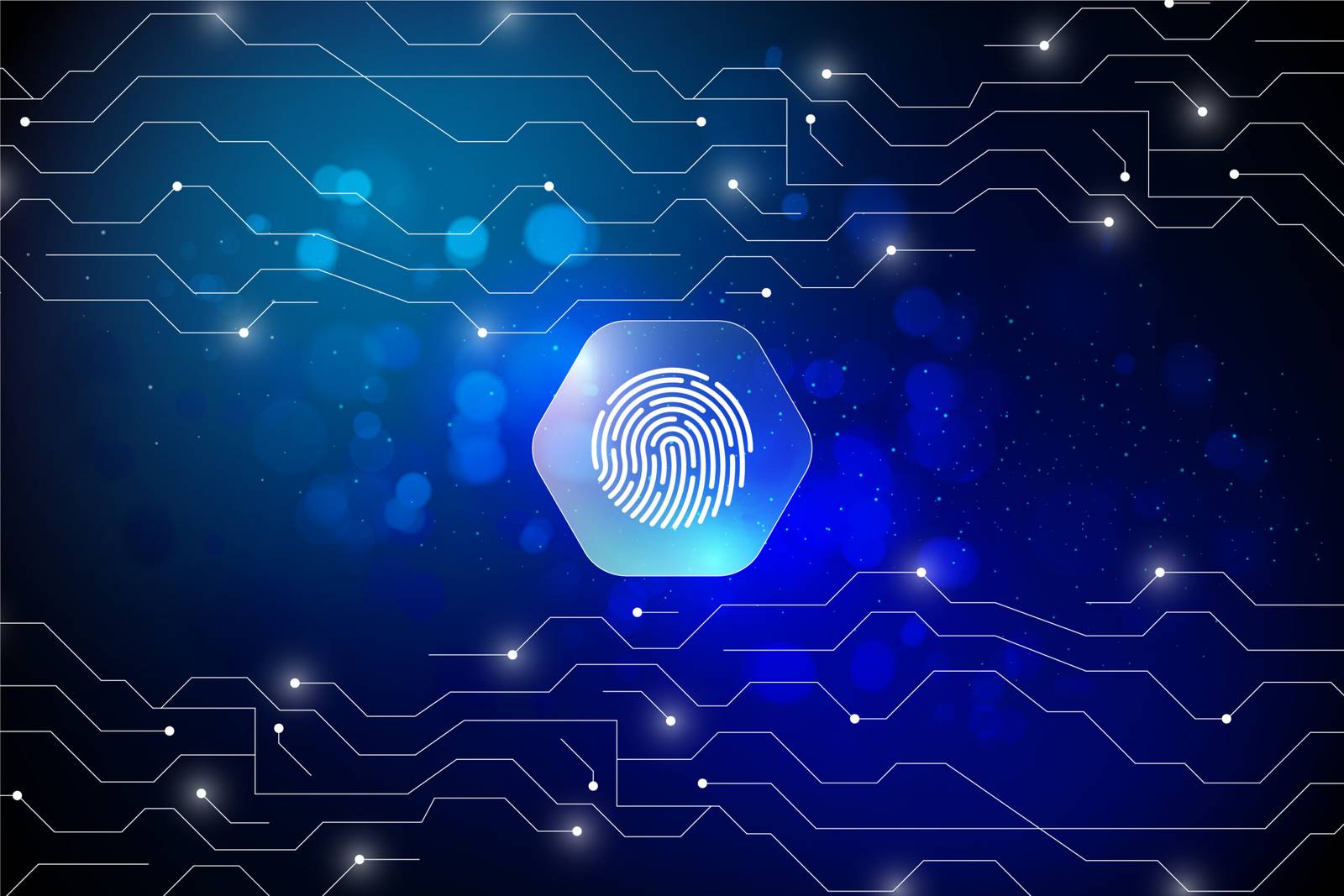Blockchain and the Future of Digital Identity

by Web Digital
In an era dominated by digital interactions, the need for secure and reliable digital identity solutions has never been more critical. Blockchain technology initially recognized for its role in cryptocurrencies, is now at the forefront of revolutionizing digital identity. This article explores the transformative potential of blockchain in reshaping how individuals manage and protect their digital identities, examining the benefits, challenges, and profound impact on privacy and security in the digital landscape.
Decentralized Identity Management:
Blockchain offers a decentralized approach to identity management, removing the need for central authorities to control and verify identities. Through the use of cryptographic techniques, individuals can have ownership and control over their digital identities, reducing the risk of identity theft and unauthorized access.
Immutable and Tamper-Proof Records:
The inherent nature of blockchain as a decentralized and distributed ledger ensures that once information is recorded, it cannot be altered or tampered with. This immutability enhances the trustworthiness of digital identity records, providing a secure and transparent system for identity verification.
Enhanced Security through Cryptography:
Blockchain employs advanced cryptographic algorithms to secure digital identities. Private and public key pairs, along with consensus mechanisms, strengthen the security of identity data. This cryptographic layer adds an extra dimension of protection, making it significantly more challenging for malicious actors to compromise digital identities.
User Consent and Control:
With blockchain-based digital identity systems, users have greater control over their personal information. They can selectively disclose information, granting consent for specific transactions or interactions. This shift empowers individuals to manage their digital footprint actively, enhancing privacy and reducing the risk of data misuse.
Interoperability and Cross-Border Identity Verification:
Blockchain has the potential to establish a universal standard for digital identity that transcends borders and systems. Interoperability between different blockchain networks can streamline identity verification processes, making it more efficient and secure, especially in a globalized digital landscape.
Reducing Identity Fraud and Cybercrime:
The decentralized and tamper-proof nature of blockchain significantly mitigates the risk of identity fraud and cybercrime. By eliminating single points of failure and reducing vulnerabilities, blockchain-based digital identity systems enhance overall cybersecurity, fostering a safer digital environment.
Self-Sovereign Identity (SSI):
Self-sovereign identity is a key concept enabled by blockchain, emphasizing individual control and ownership of personal data. Users can store their identity information on their devices, reducing reliance on centralized databases vulnerable to breaches. This shift towards SSI empowers individuals with greater autonomy over their digital personas.
Challenges and Considerations:
Despite its promise, the adoption of blockchain in digital identity faces challenges. Issues such as scalability, regulatory compliance, and integration with existing systems need to be addressed. Striking a balance between privacy and transparency is crucial, and building consensus among stakeholders is paramount for widespread acceptance.
Conclusion:
As we navigate an increasingly digitized world, the integration of blockchain technology into digital identity management signifies a paradigm shift in security, privacy, and user control. The decentralized, tamper-proof, and cryptographic nature of blockchain not only addresses existing challenges in digital identity but also paves the way for a future where individuals have greater autonomy and security in managing their online personas. While challenges persist, the potential benefits are too substantial to ignore. The future of digital identity is undoubtedly intertwined with the innovative and transformative capabilities of blockchain technology.
Recommended Posts

Web Design Portfolio Tips for Canadian Freelancers
September 27, 2025

The Cost of SEO Services in Canada
September 27, 2025

How to Use Google Business Profile for Local SEO
September 26, 2025
